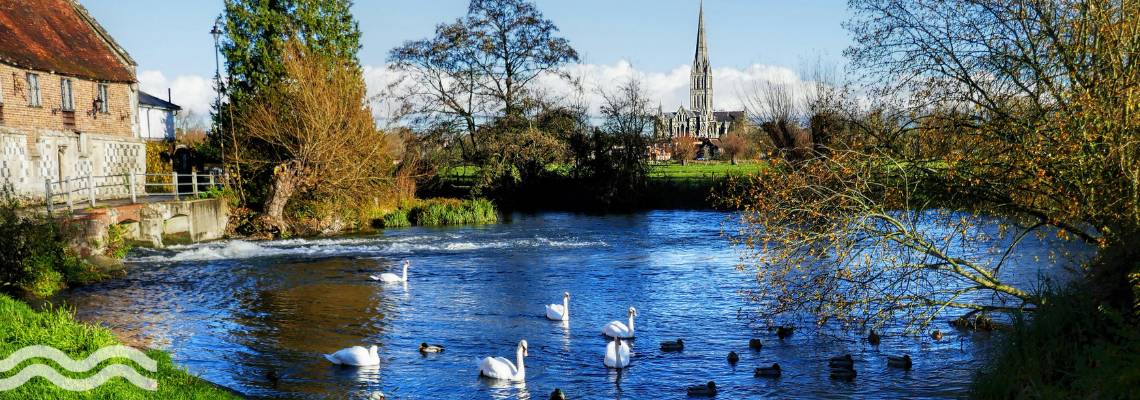
English water companies have published a plan to remove 150,000 annual sewage spills by 2030. However, the sector responded with a cautious welcome. We asked them why.
English water companies have published a plan to remove 150,000 annual sewage spills by 2030.
The companies have put forward a £10.2 billion proposal that will fund improvements up to 2030, tripling current investment.
The investments will fund close to 9,000 planned improvements and lead to all 14,187 overflows in England meeting or exceeding every target set by the Government.
These improvements, the companies claim ‘would end all ecological harm and prioritise action where most needed: in just the first five years, nearly two thirds of spills are removed near bathing areas, and nearly half of spills near conservation areas’.
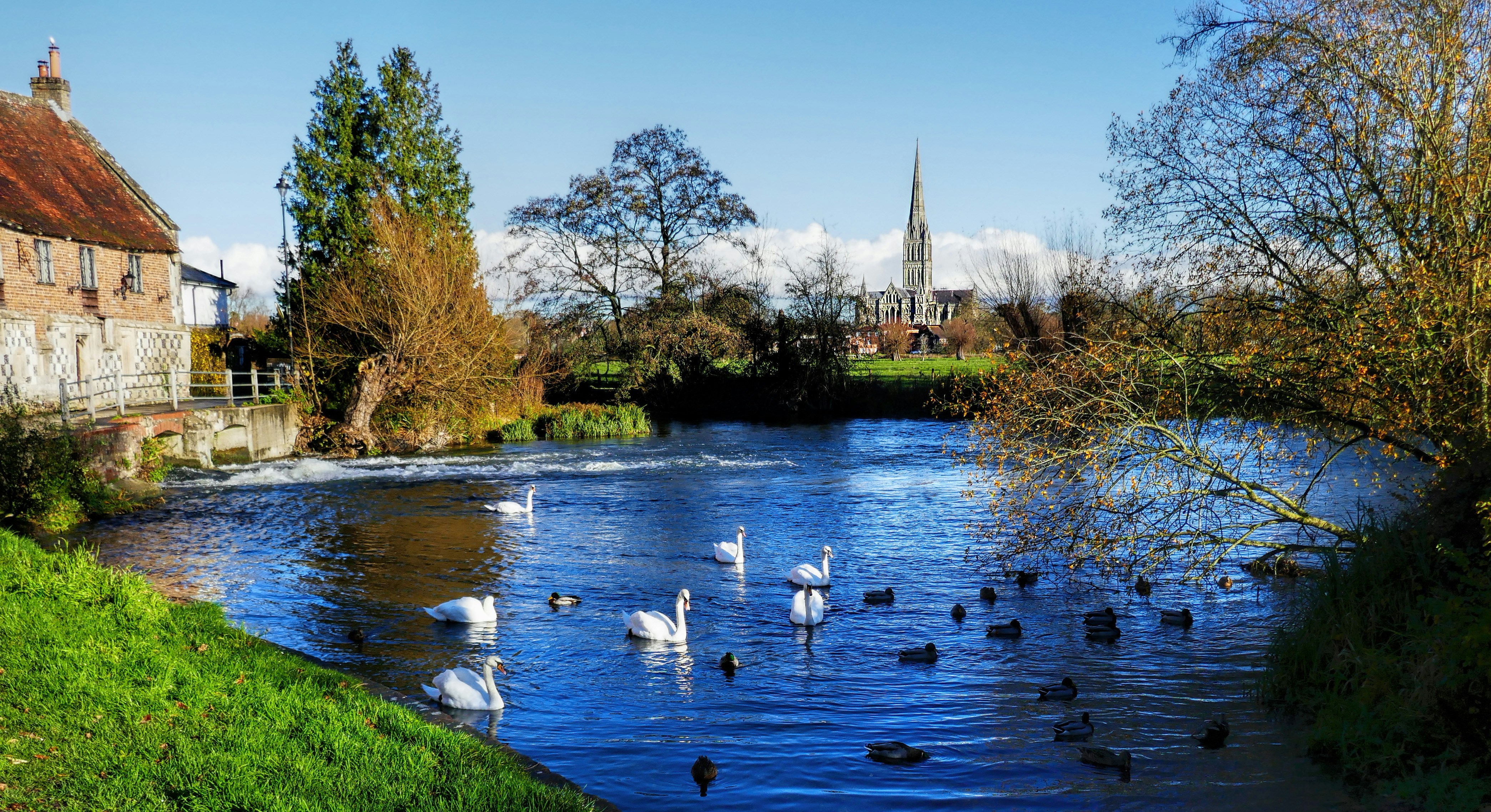
David Henderson, CEO of Water UK, said: "This the first plan in the world to set out such a detailed and expansive programme for upgrading overflows right across the country. In just five years, it cuts annual spills into rivers and coasts by 150,000."
The plans are ambitious; if approved by Ofwat, the companies state that:
• By 2050, 325,000 spills will be eliminated annually; four million by the end of the plan.
• The plan would deliver an almost two-thirds reduction in spills near bathing areas by 2030 and a close to 80 per cent reduction by 2050.
• In some areas spills would be cut by significantly more: for example, Barnstaple Bay would see spill reductions of over 90 per cent by 2030, while spills in North Cornwall would reduce by 83 per cent.
It is not just beaches that would reap the benefits of the plan; the companies state that river basins would see a dramatic reduction in the number of storm overflow spills by 2050, for example:
• 85 per cent reduction for the Solway Tweed
• 84 per cent reduction for the North West river basin
• 77 per cent reduction for the Severn
• 75 per cent reduction for the Humber.
Water UK has published an interactive map that allows people to search for details of actions proposed for local storm overflows. The results of each improvement will be shown on the map along with the projected reduction in spill numbers.
Proposals for dealing with ‘excess’ rainwater include the construction of thousands of large storm tanks, as well as ‘nature-based’ solutions such as wetlands and sustainable drainage schemes.
Before the Plan can be put into place it needs to be approved by the water regulator, Ofwat, and the Government. Water UK has called on the government to deliver 10 commitments:
A review of the Bathing Water Regulations 2013
• An ending to the automatic right of housing developers to connect to overloaded sewers
• To assess giving water companies the right to repair defective drains on private property
• A ban on the manufacture and sale of plastic wet wipes
• The use of fines to improve the environment
• An assessment of the role of highway drainage as a source of environmental harm
• To assess giving water companies the right to improve drainage systems on private property to reduce impermeable areas connected to the combined sewer network
• To assess giving water companies the right to discharge clean rainwater back into water courses
• Consult on making water companies statutory consultees on planning applications
• Ending operator self-monitoring.
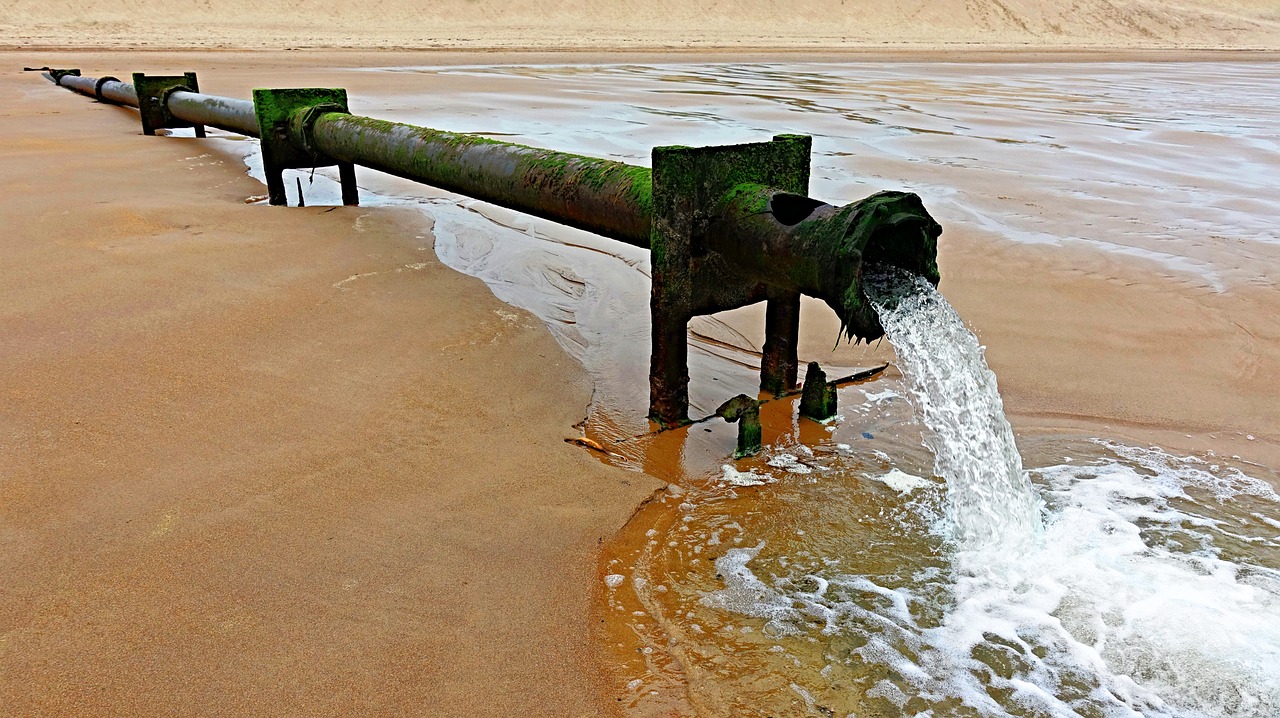
Andy Robinson from Yorkshire Water told Aquatech Online: "We are already investing £180 million across Yorkshire to begin reducing the operation of storm overflows.
“This programme of work is due to be completed in April 2025 and we already have projects in delivery around the region, which include increasing storage in the network, implementing sustainable urban drainage solutions and wetland treatment solutions, removal of surface water from the combined system and making changes to the operation of some of our treatment works.
"In addition, we have submitted plans to Ofwat for approval outlining a £1.19bn investment to reduce the operation of storm overflows."
“The money will be spent on tackling the issue at the source”
An Anglian Water spokesperson recognised that the water companies needed to go further and faster to address public concerns, telling Aquatech Online: “That’s why our shareholders have pledged an additional £50 million this year to fast-track this work across our region. The money will be spent on tackling the issue at the source, from boots on the ground, to creating more capacity in our network, storing excess water and treating it, and using natural solutions like wetlands to remove nutrients such as phosphates to protect rivers across our region.
“We are investing in the right solutions which will have the most benefit for the environment now and in the future.”
The Rivers Trust, a member organisation with 65 groups covering the UK and Ireland produces an annual State of our Rivers report, highlighting sewage and chemical pollution, among other things. It also produces its own Sewage Map.
It’s chief executive, Mark Lloyd, welcomed the plan: “This is a very significant proposal to address a large proportion of sewage overflows which have blighted far too many of our rivers for far too long. It is therefore a welcome positive step forwards towards healthier rivers for wildlife and people.”
However, his welcome was tempered with a note of caution: “It remains to be seen whether Ofwat will back this plan and Government will deliver on their commitments to realise the full impact of the investment. Many other steps are required to make a strategic difference, and Water UK are right to highlight many other policies which have been jammed in government machinery for years.”
Lloyd also offered the following advice for more nature-related investment: “We would also like to see more widespread use of nature-based, collaborative solutions to these problems, such as wetlands and rain gardens. This would make better use of these billions of pounds because they also restore wildlife habitats and help build our resilience to drought and floods.
“Water UK are right to highlight many other policies which have been jammed in government machinery for years”
“We shouldn’t spend sums of this size on solving only one problem when they could help solve others at the same time,” he added.
Another group that has long fought for better controls and investment is Surfers Against Sewage.
It’s CEO, Giles Bristow told Aquatech Online: “That both government and industry are announcing measures to tackle the sewage scandal is undoubtedly positive - the fury of the public over the mistreatment of our rivers and seas is cutting through. But we remain sceptical about the intentions of an industry that's allowed an average of £2 billion a year to be paid out to shareholders since privatisation, all while letting its infrastructure crumble into obsolescence.
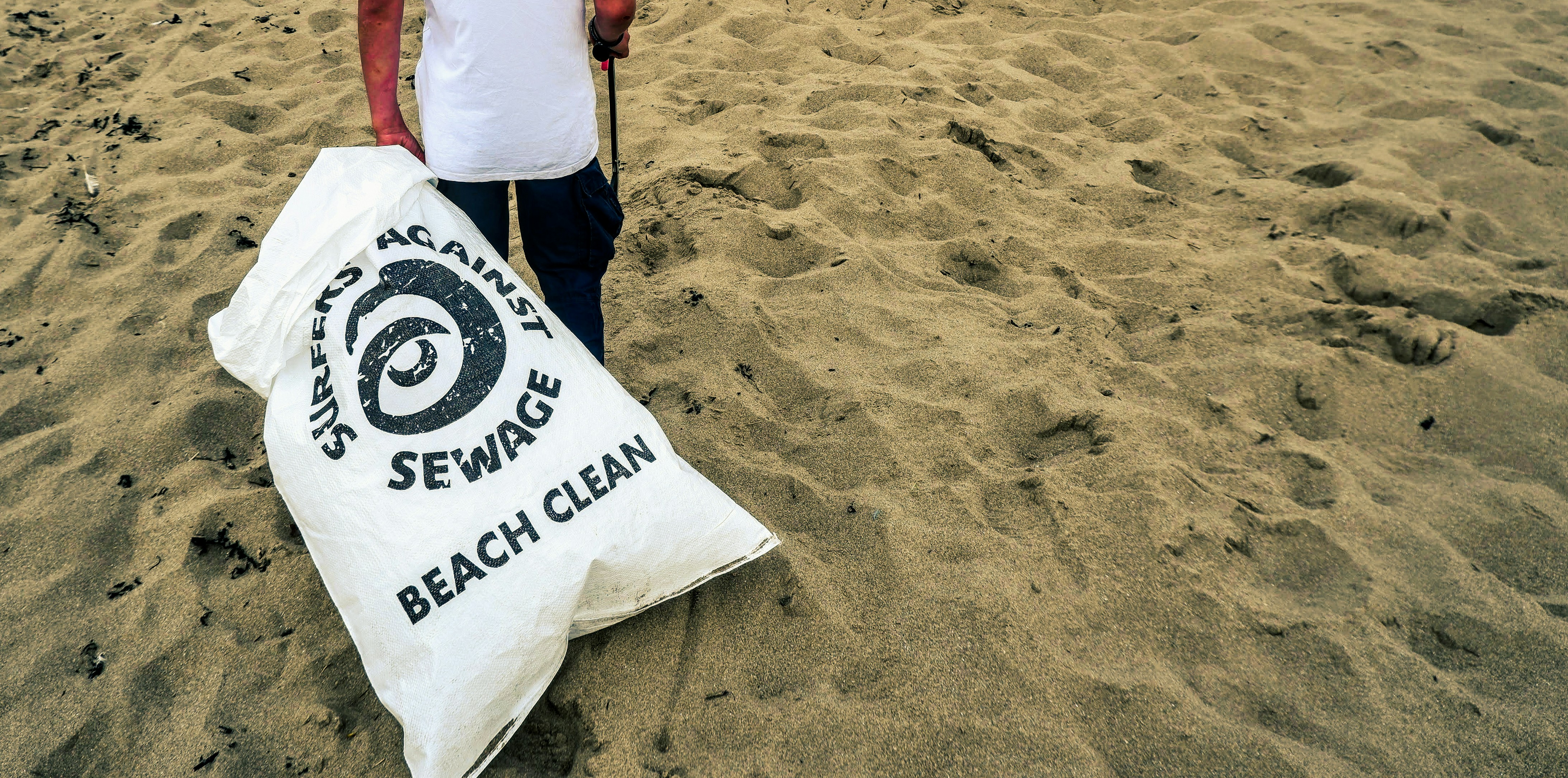
While pleased that the water industry is now taking a lead, Bristow did not think the plans would be sufficient.
“We said that the government's sewage action plan didn't go far and fast enough and it seems that even the water industry agrees. Despite industry promises, the long and the short of it is this: by 2030, water companies in England will still be discharging sewage 250,000 times a year and 20 years from now, surfing and swimming in our bathing waters will still be at significant risk from sewage pollution.
He added: “This was a crucial opportunity for water companies to make lasting commitments to address the sewage crisis but, once again, they've fallen short. We demand an ambitious, robust and long-term investment plan, that allows the water sector to scale up the resources and skills it needs end sewage pollution once and for all. Our dying rivers and marine ecosystems need real action now, not jam tomorrow.”
Of course, river and sea pollution affect more than human health, it impacts on wildlife and eco-systems.
Ali Morse, water policy manager at The Wildlife Trusts, welcomed the fact that the plan exceeded government targets. However, she also wanted to see more investment made in natural defences: “Delivery of the overall programme to 2050 will, as a whole, be costly and carbon-heavy, so interventions such as creating new wetlands and other sustainable drainage systems need to become more central to the programme.
“Water UK are right to highlight many other policies which have been jammed in government machinery for years”
Morse continued: “These help trap rainwater and keep it out of the sewers in the first place, allowing us to tackle sewage spills in a low-cost, low-carbon and high-nature way. Water companies should employ these techniques, but sustainable drainage also needs to become the norm across all developments, to ease the pressure on our sewers. Government has committed to bringing in this requirement but needs to get on with the overdue consultation on making this a reality.”
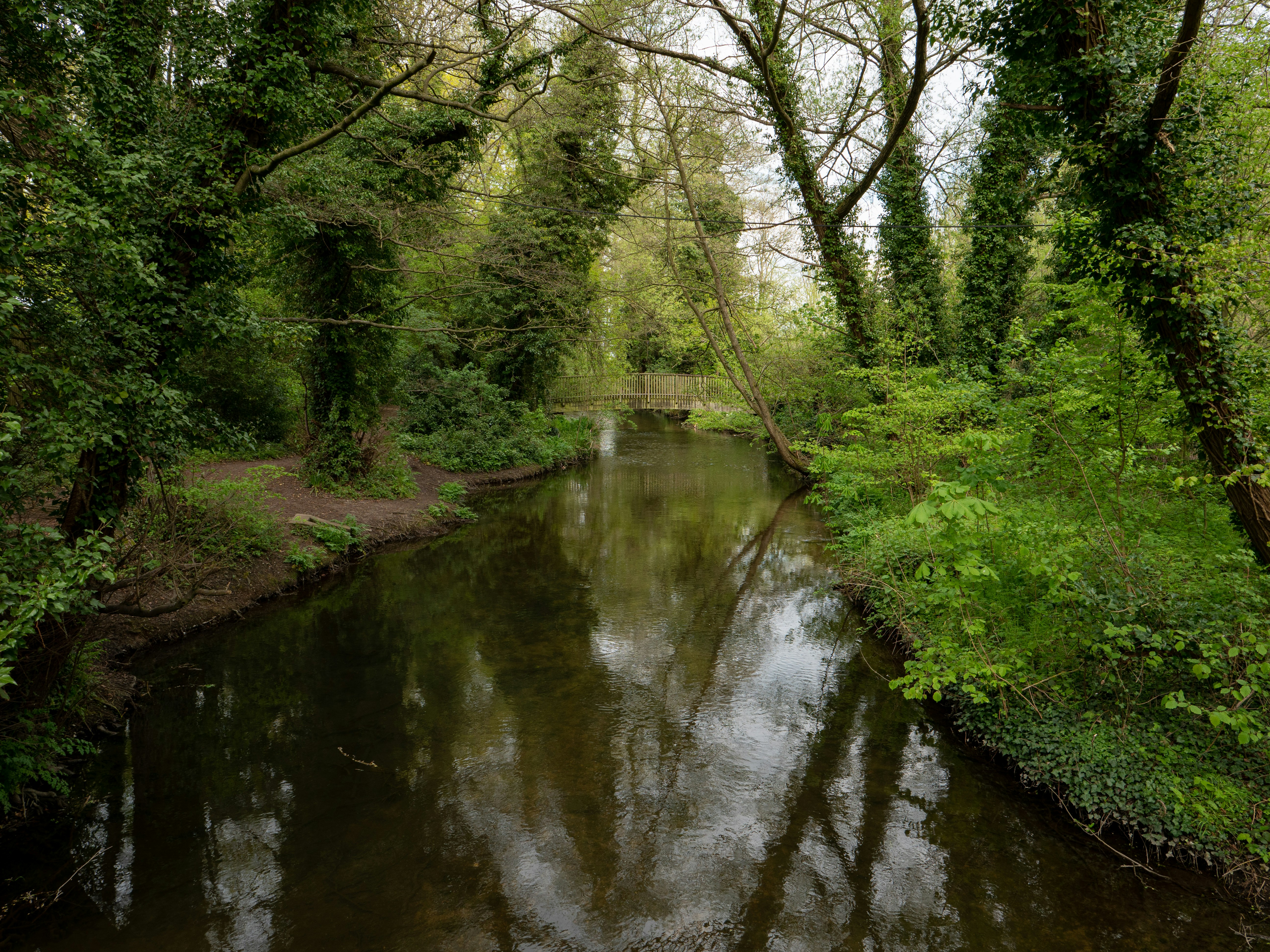
Experts working in the wider water industry largely welcomed the plan. Many were happy that measures were now being put in place to tackle storm overflow problems but were concerned that more hasn’t been done in the past. Some wanted the plans go further, bringing in other outlets, such road runoff outfalls.
Dragan Savic, CEO at KWR Water told Aquatech Online that although investment had been made in the past towards tackling storm overfills, it had not been enough, and that there was also a need to tackle ‘toxic road run-off and agricultural run-off, which presents a huge challenge.
He said: “I'd say it’s a good step forward, but there is a long way ahead of us to eliminate those sources of pollution. The problem requires accelerated development using smart and cost-efficient means (e.g., digital tools, AI, etc).”
“It’s a good step forward, but there is a long way ahead of us”
David Brydon, technical director at Blackwall Water Consultancy, told Aquatech Online that it wasn’t the case that the industry had not invested heavily in trying to solve the problems, more that the problem outpaced investment.
“The water industry has collectively spent billions on overflows but even that has not been sufficient. However, without that investment the situation would be significantly worse (an example being the interceptor sewer in Blackpool and the associated 60,000+ m3 of storage nearby which significantly improved coastal water quality in the area).”
Brydon also believes that the problem has not necessarily been getting worse. “What has changed is the detection of those spills. Now we have EDM we can gauge the size of the problem, and that size is probably slightly less than it was 25 years ago but we can't say that for certain because we don't know what was happening 25 years ago if we're honest.”
Meanwhile, Tom Williams, CEO at industry consultancy, Enebio, also believes the problem may be one of perception, but also of changing demand on the system. “I would argue that the challenge has been the sector not being vocal enough about the change that has gone on (and we knew would happen) since 2010 (and before).
“The rainfall changes have followed the projections and will continue to do so, the population has increased but the system has been asked to do more with less. I have press headlines and industry reports on CSO's going back to 1965, so it’s not a new challenge. It's a renewal and progress challenge.”
“The population has increased but the system has been asked to do more with less”
Williams also agrees with Savic that for the plan to be truly ‘world leading’ it would need water companies working with other agencies collaboratively to tackle run-off water from highways and agriculture.
Mark Kaney, manging director of water and infrastructure at Ipsum, told Aquatech Online: “Hopefully we can get some of this off the ground quickly,” and that the plan “contained a lot of good stuff”, and but also cautioned on the need to remove run-off water.
He also warned that self-reporting within the industry was unlikely to end “ending anytime soon due to the resource demand and cost to sample, test and police the reporting.”
Jacob Tompkins, co-founder and CTO at the Water Retail Company welcomed the plan but also wished there were more nature-related solutions involved.
He told Aquatech Online: “It’s all good stuff, and very welcome. But as usual there’s an overfocus on concrete and hard engineering. Nature Based Solutions get a mention but the spend on them is small compared to schemes like the Thames Supersewer. Also, why is there no mention of using water efficiency and distributed infrastructure to reduce the impact of stormflows?
“Why is there no mention of using water efficiency and distributed infrastructure?”
“But all that aside better late than never and in general its good stuff. But the timescales around this are glacial - there were discussions on wipes 20 years ago and the manufacturers were willing to discuss with the water companies, but they pulled the funding for the Water UK project, and it all stopped. There are some excellent people in the water industry who have been working on this for years, however it took a public outcry for the management of the companies (and Defra and Ofwat) to actually take this seriously. But its good they are doing something.”
Oliver Grievson, associate director at AtkinsRéalis, cautions that meeting the plan’s objectives are “possible… but there are some significant challenges.”
Among those challenges are the need to ban plastic wet wipes and tackle highways drainage. But there also need to be more people working in the sector and on delivering the plan, especially data analysts, sampling staff and laboratory staff. This could affect the plan’s stated aim of ending operator self-monitoring.
“It would be great to see, and I know the water companies are in favour of this. Data quality is key, because if you get it wrong, you are lying to the public. The barrier is staff and will there be enough staff to do it,” questioned Grievson.
“There are lots of barriers in the way that have to be addressed first; the will is certainly there from what I have seen in the industry but there will be an element of let's see what happens,” he added.
“The will is certainly there from what I have seen in the industry”
Phillip Tomlinson, digital solutions leaders at Grunfos Water Utility, also wanted to see less concrete and more natural solutions.
“Disappointingly, the first solution it mentions is building thousands of storm tanks - some will be required yes, but this seems a lazy and unambiguous first point. It does then refer to the increased use of Nature-Based Solutions, which I wholly support, but as all the presentations on NBS state at the moment, it must be part of the mix,” he told Aquatech Online.
“Personally, I would have liked to see more around catchment level management opportunities - there are metrics around spill reduction to rivers, but it almost missed the point.”